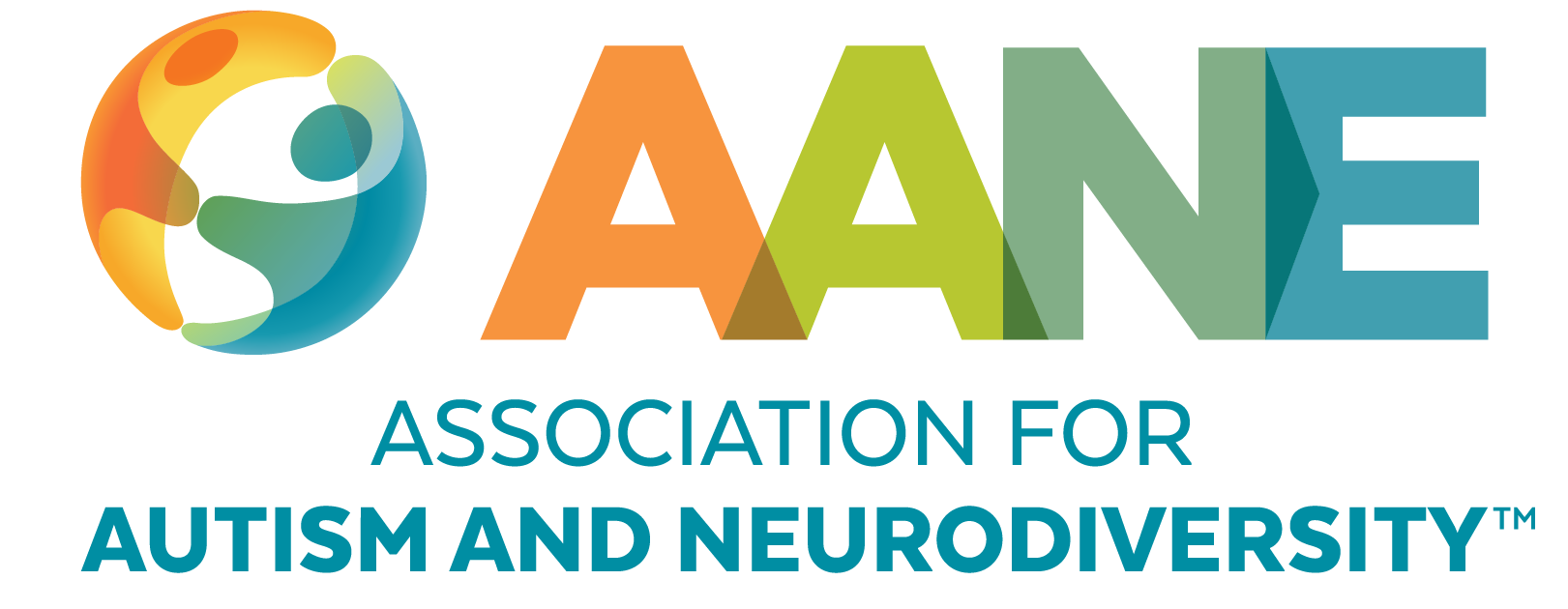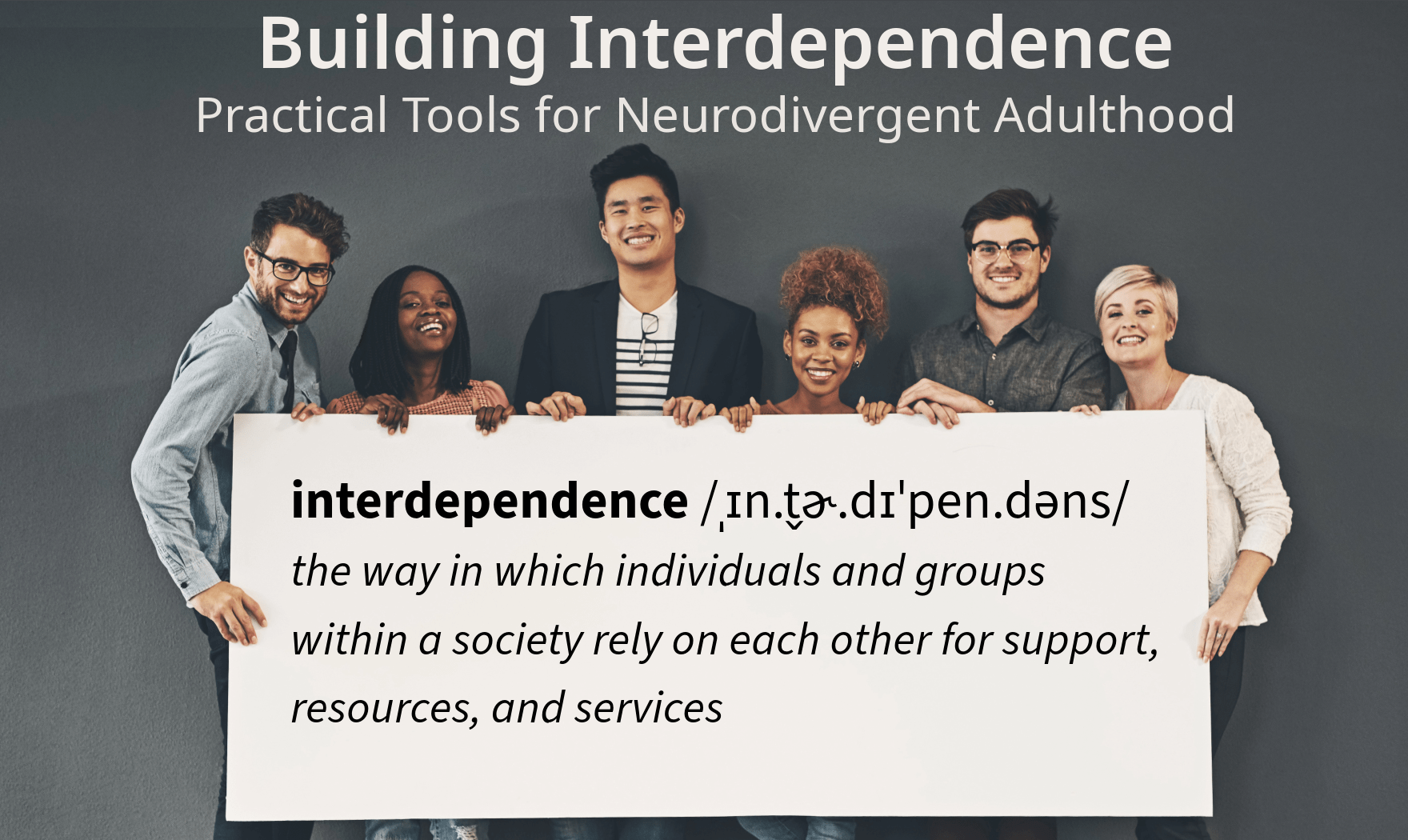
Coaching Tools for Success
About the Authors
Nataliya Poto directs AANE’s Autism Professional Coaching Association (APCA), LifeMAP Coaching Programs, and IACT Certification program. Pioneering LifeMAP, she impacted thousands of clients, excelling in education, career, relationships, and independent living coaching. Originally from Ukraine, she has a background in teaching psychology at UMASS Lowell and impactful research in autism intervention.
Sarah Lynch Perkins has been a LifeMAP coach since 2018. She received a master’s degree in speech language pathology from Boston University, and a J.D. and a B.A from the University of Virginia. She focuses on executive function and social communication in her work with Autistic individuals.

With the holiday season behind us, the LifeMAP team is focused on how to best support our Autistic clients as they embark on a new calendar year. With its resolutions and fresh beginnings, this time can provide us all with renewed energy and a different perspective to help achieve desired goals. Whether you are a guidance counselor, educator, therapist, or another type of professional supporting an Autistic individual, we are excited to share some of our most effective coaching strategies – the life skills that will help clients navigate the challenges and opportunities that a new year can bring.
Meet your client where they are. Creating measurable goals is key. If your client is struggling to even identify a potential goal, that’s ok. Goal creation can be a goal in itself! We can help them determine what their priorities are and what they are motivated to address.
Is there something that is negatively impacting your client’s day-to-day life? For example, are they feeling too tired to carry out their daily responsibilities? Are they experiencing communication challenges with roommates, family members, or co-workers? Help your client identify what’s going on in their lived daily experience, and work with them to create reasonable goals around those issues. With LifeMAP coaching, we typically guide clients in setting and achieving goals over a 2-month period. Ensure that the goals align with the client’s unique circumstances and life path. During that time, if adjustments need to be made, be flexible. Listen to your client, solicit their views about what’s working and what’s not, and adapt as necessary. This approach ensures that every client receives tailored support and guidance through a neurodiversity-affirming lens.
Prioritize goals. Other clients may feel more comfortable focusing on larger issues and have the bandwidth to effect change on a bigger scale. For these clients, we can ask, “What goal will have the greatest impact on your life?” Does a goal affect the individual’s financial situation? Their family? Employment? Helping a client determine what goal is most important can provide direction for next steps.
Break goals down into manageable components. Focus on specific actions. For instance, rather than listing a task as “clean the kitchen,” help your client create a list of actions that work towards achieving that goal, such as “remove expired and spoiled food from the refrigerator,” “wipe countertops,” or “sweep/vacuum floor.” By enumerating the steps that make up a larger project, we can help clients accomplish their goals. Free apps such as GoblinTools and ChatGPT will break down a task in as much or as little detail as needed, which can help clients complete tasks and recognize their achievement.
Start small and build on each success. A well-known Chinese proverb says, “A journey of a thousand miles begins with a single step.” This principle can be so important in working with clients. We want to set clients up for success and experience a sense of accomplishment and autonomy that lays the foundation for more progress. When your client achieves a goal, highlight and celebrate that success. Starting small and building on each success is one way to build self-esteem.
Managing relationships. Many goals involve interacting with others in some way, and clients may need support strengthening communication skills or broadening their social interactions. Do our clients feel they’re communicating effectively with the people who are important to them, whether that is in their personal or professional lives? If a client needs to have a difficult conversation with a boss or teacher, creating talking points with them beforehand can help focus their message. Does a client want to interact more in person or virtually with others? Meetup.com offers lots of interest-based activities, both IRL and online. Discord and other platforms also offer ways to connect virtually around specific topics. And of course, AANE provides a broad range of social opportunities, both in person and online. Talk with your client about what is important to them and build relationship goals that fit their needs.
Managing time. We know that time management affects so many aspects of life, at work and at home, in our social lives, and in how we engage in the community. Effective time management can be difficult, but there are many helpful tools available, depending on your client’s unique needs. Reviewing with your client how they use their time each day can be a great place to start. How much time are they spending on different activities? Is that working for them? Are there schedule changes that could be tried out – such as limiting the time spent on an activity on some days – that might free the client up for other activities/tasks? GoblinTools estimates how long a task may take, which can help with schedule planning. Using a calendar system is of course a key tool in keeping track of schedules. There are many free apps out there for mobile phones, laptops or tablets, such as Google Calendar, iCal, and Microsoft Outlook Calendar, in which clients can enter appointments and events and set up alarms and reminders. But for those who prefer having a tangible system, a paper calendar or pocket planner can be an effective alternative. The key is to use a system that feels right for them, and to have only one system where all appointments and events are included to avoid confusion. Lastly, use checklists! Again, there are many free apps available, including Todoist and Any.do, that allow users to make lists of tasks, keep track of when the tasks need to be done, and assign priority levels to them.
Looking after physical health. It’s hard for a person to be motivated when they don’t feel healthy. Looking after physical health can be a goal, as well as a key component to progress across other goal areas. Moving our bodies may help maintain physical health. Exercise doesn’t have to be fancy or involve a trip to the gym – just getting outside for a walk or putting on some music and dancing can do the trick. Sleep is another essential aspect of physical health. Explore with your client the science behind sleep. What happens to the body and brain during sleep? Why is sleep necessary? How does it help us function day-to-day? Support informed decision-making around physical health based on facts, not on value judgments or societal expectations.
Connect the dots between day-to-day goals and long-term aspirations. Talk with your client about their dreams for the future, whether that means one year, five years, or another amount of time. Is it a different job? A different living situation? A relationship? Many of us have ideas of what our life could look like down the road. Working with clients provides an opportunity to talk about these future aspirations, and to figure out how our day-to-day activities are related to our long-term vision. At LifeMAP, we encourage our clients to maintain a connection between their short-term objectives and their overarching life goals.
As we help clients reach their goals, our goal is to empower those we work with to master life skills and create their own definition of success. Please reach out to the LifeMAP coaching team at any time to share your thoughts with us. Your insights and ideas are highly encouraged as we work together to support the neurodiverse community.
Want to learn more about LifeMAP coaching? Visit AANE LifeMAP Coaching for Autistic Adults and Teens.
Stay Current
Subscribe for AANE weekly emails, monthly news, updates, and more!







